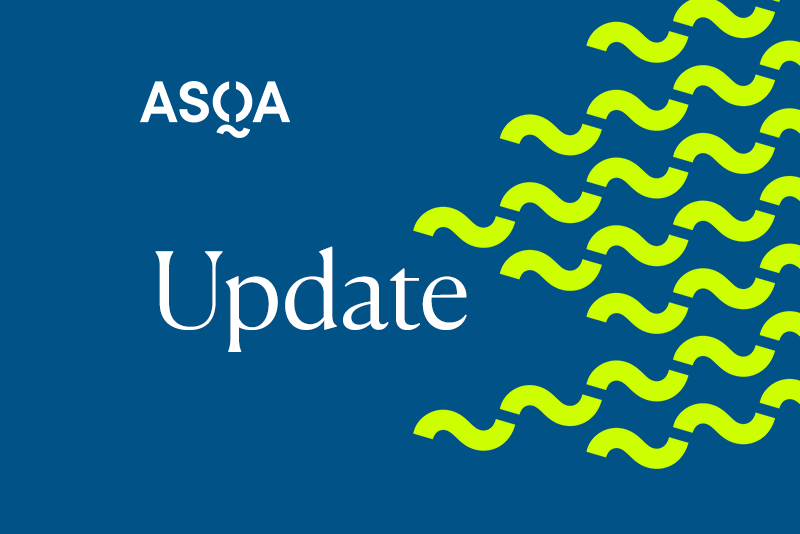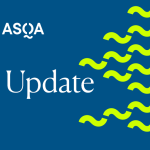ASQA recently announced its Regulatory Risk Priorities for 2024 – 2025 which for the most part are a continuation of the Priorities for 2023 – 2024. Though “Non-genuine providers and bad-faith operators” is a now a new Risk Priority which shouldn’t be a surprise but it would be great if there was more transparency around the actual scale and scope of this problem.
Background
ASQA manages two types of risk:
Provider Risk – Where the provider doesn’t comply with regulatory requirements and is delivering poor quality training and assessment that presents a risk to the quality of education outcomes. This risk includes the potential that the student graduates with a qualification but does not have the competency required for the relevant job.
Systematic Risk – Where there is a risk to the whole VET sector or a significant number of providers. Potential systematic risks can impact specific qualifications, courses or method of delivery.
“Non-Genuine Providers and Bad Faith Operators”
Central to ASQA’s risk based approach to identifying risks in the VET sector is to conduct an annual environmental scan which this year included consultations with several key stakeholder groups to assist in the identification of current and future risks.
This exercise resulted in non-genuine providers and bad operators, who are providers who do not demonstrate a genuine commitment and capability to deliver quality training and assessment, and engage in fraudulent, illicit or unethical activities, heading the list of risk priorities for 2024-2025.
ASQA is responding to these risks in a number of ways including:
Detecting behaviours of providers or individuals in the VET system that are undertaking concerning or suspicious activity. Boosted by their VET tip-off line, monitoring activities, industry feedback, networked intelligence and inter-agency systems which allow information sharing for regulators and law enforcement agencies
Responding with increasing investigation and enforcement of sanctions to remove or suspend the registration of providers as well as court actions against non-registered organisations that are operating illegitimately. They are applying expanded offence and civil penalty provisions to cover a broader range of false or misleading representations by RTOs about their operations, and increased maximum penalties for breaches of relevant offences or civil penalties under the NVETR Act – such as issuing false qualifications
Educating providers about their responsibilities to manage risks in their operations such as ensuring that people they employ in management and operational positions are fit and proper.
But again it would be helpful if ASQA was able to provide further information regarding the scale and scope of the non-genuine provider and bad operator problem so as to avoid the vacuum being filled with rumour and humbug.




